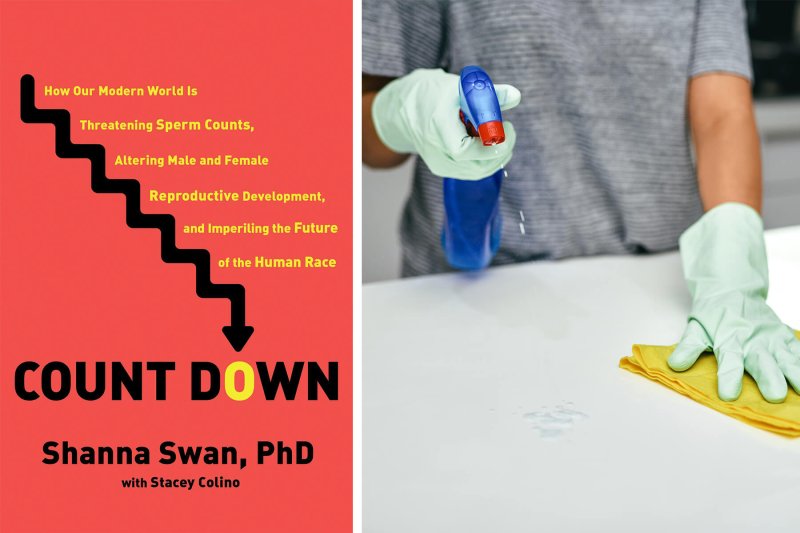In 2017, [epidemiologist Shanna] Swan, along with other scientists, published a meta-analysis, an aggregation of existing research. It said that since 1973, the average sperm count among men in Western countries had fallen by 59%, and by somewhat less in the developing world [due to “endocrine disrupting chemicals”.]
…
[Count Down: How Our Modern World Is Threatening Sperm Counts, Altering Male and Female Reproductive Development, and Imperilling the Future of the Human Race] is essentially the book of that study.
…
But the book does not seem sensible. Because for Swan, everything causes fertility problems, not just phthalates. Sugar, beef, cycling, stress, watching TV, doing too much exercise, doing too little, eating the wrong diet; you can barely get out of bed in the morning without sabotaging your chance of having a baby.
This hyperventilating about human extinction, and rolling everything bad into a ball labelled “fertility and phthalates”, makes no sense if you think Swan (a respected epidemiologist) is trying to give a dispassionate assessment of fertility issues. But she’s not. This is a polemic. Swan thinks the world doesn’t pay enough attention to the problems of EDC-influenced fertility loss and environmental damage: so she’s upping the stakes as much as she can, making it as big a deal as she can, trying to shift the dial a little bit.































